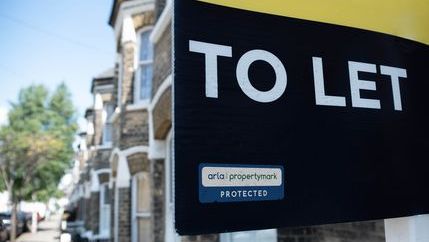
Housing Secretary, Robert Jenrick MP specified the extension which takes the moratorium on evictions up until the end of August and to a total of five months “to ensure that renters continue to have certainty and security.”
What does this mean?
The Government has asked that agents and landlords work with tenants who are experiencing financial difficulties as a result of the pandemic and exhaust all possible options – such as flexible payment plans which take into account a tenant’s individual circumstances – to ensure cases only end up in court as an absolute last resort.
New and existing possession claims
Importantly, the change in law only applies to notices served on or after 26 March 2020. From 27 March 2020, the court service suspended all ongoing housing possession action. This means that neither cases either currently in or about to go in the system can progress to the stage where someone could be evicted. This suspension of housing possessions action initially lasted for 90 days but has been extended until the end of August.
The course system
The Government said it was working with the judiciary to draw up new legal guidance which would ensure the courts were “better able to address the need for appropriate protection of all parties, including those shielding from Coronavirus”.
The announcement builds on the radical package of measured taken during these difficult times to protect both renters and landlords affected by Coronavirus, including:
- The introduction of emergency legislation so landlords won’t be able to start proceedings to evict tenants for at least a three-month period which will remain in place until at least September.
- Extending mortgage payment holdings to include landlords whose tenants are experiencing financial difficulties due to the pandemic.
- Supporting businesses to continue to pay their staff through the furlough scheme, as well as strengthening the welfare safety net with a nearly £7 billion boost to the welfare system and increasing Local Housing Allowance.
- Delivering £180 million in Discretionary Housing Payments to councils across the country to support renters with housing costs in the private and social rented sectors.
- Guidance helps agents, landlords, and tenants to work together to resolve issues at the earliest opportunity.
More information for landlords and agents on renting during the pandemic can be found on the GOV.UK website below.





